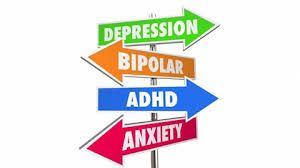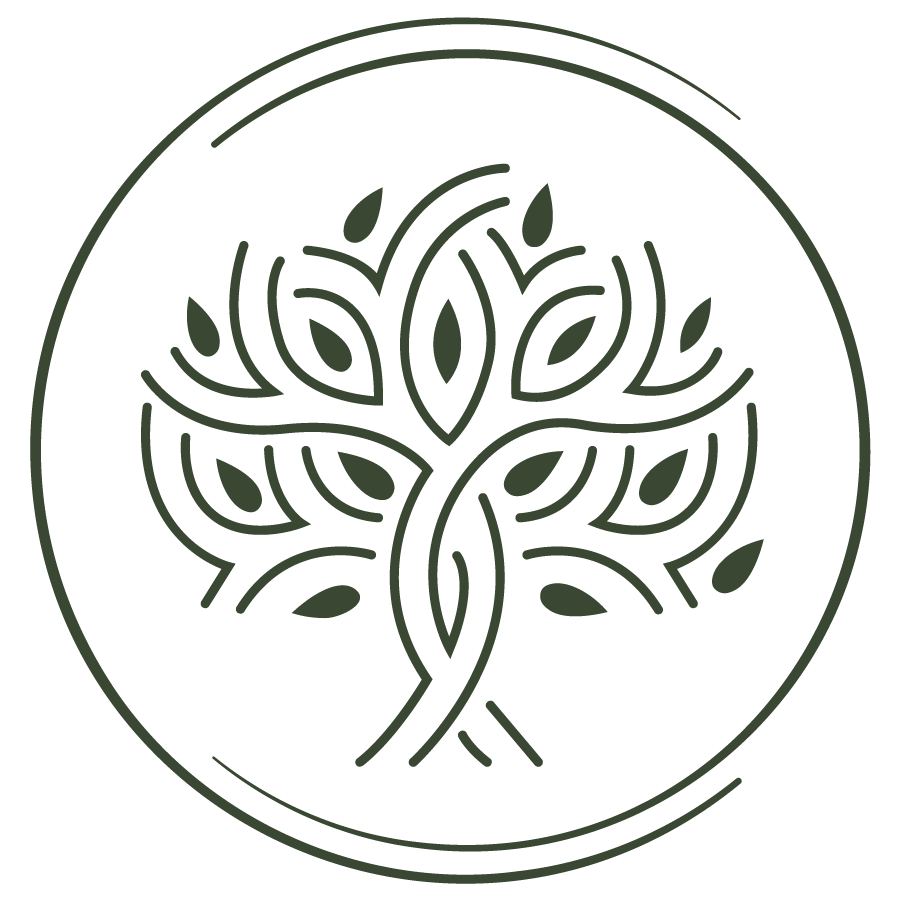AYU-OK Forum
Reduce overwhelm and create more balance

Long-term stress can lead to:
- Insomnia and sleep issues
- Tiredness and Chronic Fatigue Syndrome
- Headaches and migraines
- Low mood, anxiety and depression
- Lowered sex drive
- Irregular periods, fertility problems and erectile dysfunction
- High blood pressure and a risk of heart disease
- Digestive issues such as reflux, heartburn, IBS and stomach ulcers
- Weakened immune system making you more vulnerable to viruses and bacteria
How to relieve stress naturally
There are many ways you can relieve stress naturally through diet and lifestyle, nutrition and herbal medicine.
- Clean up your diet by cutting out junk food, sugar and refined carbohydrates (bread, pasta, pastries, cakes, biscuits), trans fats (refined oils, fried foods) and highly processed foods. Instead, adopt a plant-based, whole food diet which is full of fresh, organic vegetables and fruit. Vitamin C is an important nutrient to help reduce stress hormones in the body. There is an abundance of vitamin C in fruit and vegetables, as well as antioxidants which are vital for protecting cells against free radical damage.
- Avoid coffee as caffeine amplifies cortisol production (the stress hormone) and reduces melatonin production which is the hormone that promotes sleep. Caffeine can also contribute to anxiety. Try a coffee alternative such as chicory root coffee (caffeine free) or a turmeric latte.
- Magnesium and B vitamins are essential nutrients when the body is under stress. These nutrients are required for cellular energy production, blood sugar regulation and supporting the nervous system to combat stress. Increase your intake of leafy green vegetables (spinach, kale, spring greens), almonds, wholegrain rice, lentils and avocado as these foods provide good sources of magnesium and B vitamins.
- Herbs such as Ashwagandha (also known as Withania), Rhodiola and Siberian Ginseng are known as adaptogen herbs as they help support and “adapt” the body in times of stress. Herbs can be taken as a liquid extract, tincture, tablet or capsule. For best results, consult with a naturopath or herbalist to ensure you are prescribed the correct dose of herbs for your needs.
- Address the issues that are causing you stress, whether that be in your job, your personal life or with your health. If you’re struggling with your workload, speak to your manager about some potential solutions; if your relationship with your partner is strained, talk to them about it or seek professional help; if your health is not what it should be, seek the help of a medical practitioner, naturopath or nutritional therapist. A Health Coach can help you find the cause of stress and light the way to a happier and more balanced life.
Create balance in the body
Long-term stress can cause havoc in the body and lead to many health complications, from headaches and low mood to infertility and a compromised immune system. Support your body by avoiding dietary stressors such as coffee and junk food, and increase your vitamin and mineral status by eating a nutrient-dense diet and supplementing with magnesium, B vitamins and vitamin C where necessary. Create more balance in your life by seeking the help of a Health Coach who is equipped to give you the tools and strategies to create real change.
ARITICLE BY: College of naturopathic medicine.
Overwhelm is a habitual pattern and mindset we create over time – it’s also one we can break over time. The first and most important step is to recognize that you shape your experience of life by how you choose to show up each day. How we react to life, defines our life. You can ease overwhelm and still lead a full life.
" Being overwhelmed is not a fact -- it's a state of consciousness that limits your freedom and happiness. It requires a shift in perspective. Bring yourself back to the present moment. Remember that you have a choice about the way you want to feel."
Letting go of overwhelm starts with acknowledging how you feel. Here are the symptoms:
1. You feel anxious.
2. Your nerves are shot.
3. You constantly feel burdened and heavy.
4. You feel like you have no inner space.
5. It's hard to breathe.
6. You're constantly stressed and tensed.
7. You experience constant pressure.
8. You're irritable.
9. There's no fun in your life.
It's important to have awareness about the way you feel. Only then are you to shift your energy. Too many people unconsciously live in a stressed and overwhelmed state of anxiety. It can start with a simple awareness, "I feel overwhelmed right now."
Here's what you can do to shift overwhelm:
1. Stop.
Have the courage to stop what you're doing. Stop the madness, spinning and chaos. Give yourself the space to slow down, so you can see the bigger picture and get a handle on things. Take a day or two to rest, do nothing, and regroup. Regather yourself. Center yourself so that you have the energy to make wiser, healthier decisions.
2. Let go of some things.
Lin Yutang said, "besides the noble art of getting things done, there is the noble art of leaving things undone. The wisdom of life consists in the elimination of nonessentials." What don't you need to do? What can you delegate or let go of?
3. Commit to less.
Having too much to do often has to do with unrealistic goal setting and over-committing your time and energy. Are you being overly ambitious? Are you not being realistic about your goals and what you can really do?
4. Say no.
People who are overwhelmed spread their energy too thinly. Oftentimes, it's hard for them to say "no" because they fear disappointing others. When you feel scattered and pulled apart in a lot of different directions, are you willing to pull yourself back in and say "no" to others? Are you willing to get more comfortable saying no?
5. Know your priorities.
What's most important to you? What are your life values? How do you want to live your life on a day-to-day basis? Look at the bigger picture of your life, and how you really want to spend your precious time and energy. Taking time to contemplate your priorities is key to having focused flow.
6. Simplify.
Being overwhelmed goes hand in hand with having a mind full of complicated thoughts and chaos. You see life as overwhelming, because your mind and body are overwhelmed and too full. David Allen reminds us, "Your mind is for having ideas, not holding them." Are you willing to make your life simpler? Are you willing to make your mind simple, and approach the things in your life with a sense of simplicity?
7. Limit yourself.
Be willing to focus on just a few things at a time. Put limits on certain activities that aren't important. By limiting your time and energy for certain endeavors, and not allowing yourself to get lost in the day-to-day, you can create more time and space in your life. Limit the amount of emails, FB time, talk time, any activities that consume the unproductive time in your life. The paradox is that by creating more discipline and limitation in your life, you create greater inner-freedom.
8. Develop self-esteem.
Do you feel the need to constantly prove, perform and produce? Oftentimes, an underlying poor self-esteem is the culprit of over-doing and over-committing. Instead of understanding your own needs, you are constantly catering to the needs of others. The willingness to take time for self-care often requires self-love and self-esteem.
9. Tune in to what you want to feel.
Sometimes we get so lost in feeling stressed and overwhelmed, we forget about what we really do want to feel and experience. Refocusing your attention and intention can help you reset your energy. Remind yourself constantly, "I am balanced." "I am free to choose what I feel." State a feeling affirmation that you do want to experience.
10. Re-imagine a new schedule.
Imagine a new lifestyle, from scratch. If made your health and happiness a priority, what would your day look like? How would you wake up? What would you day consist of? How would you feel when you went to sleep? How would you feel through-out the day? Let your new schedule inspire you and be a natural guide for what you prefer to experience each day.
Being overwhelmed is not a fact -- it's a state of consciousness that limits your freedom and happiness. It requires a shift in perspective. Oftentimes, when you're feeling overwhelmed, you're over-thinking everything that needs to get done. You've lost yourself and you're no longer present. Instead of seeing the things outside of you having power over you, be willing to stop and regather yourself. Bring yourself back to the present moment. Remember that you have a choice about the way you want to feel.
Share
AYU-OK BLOGS












